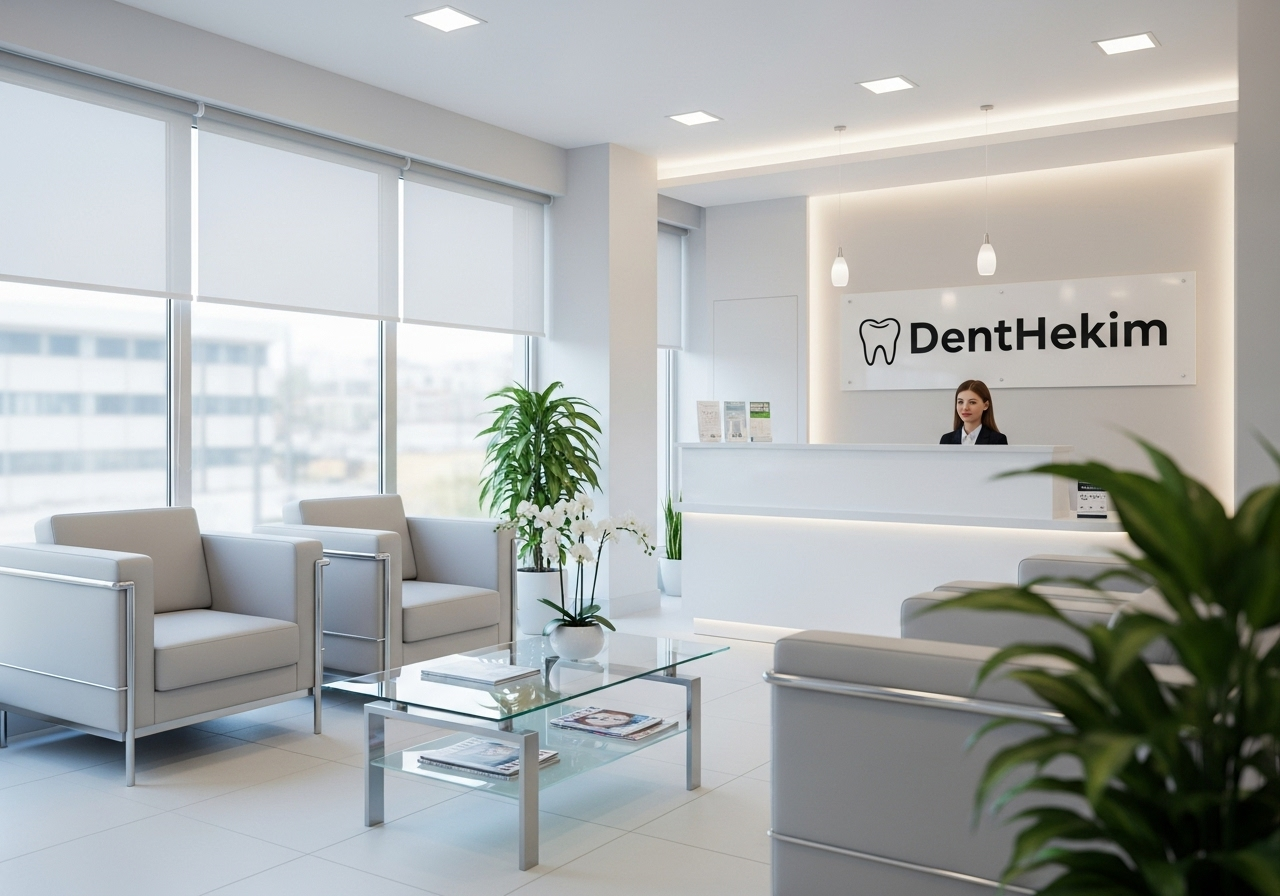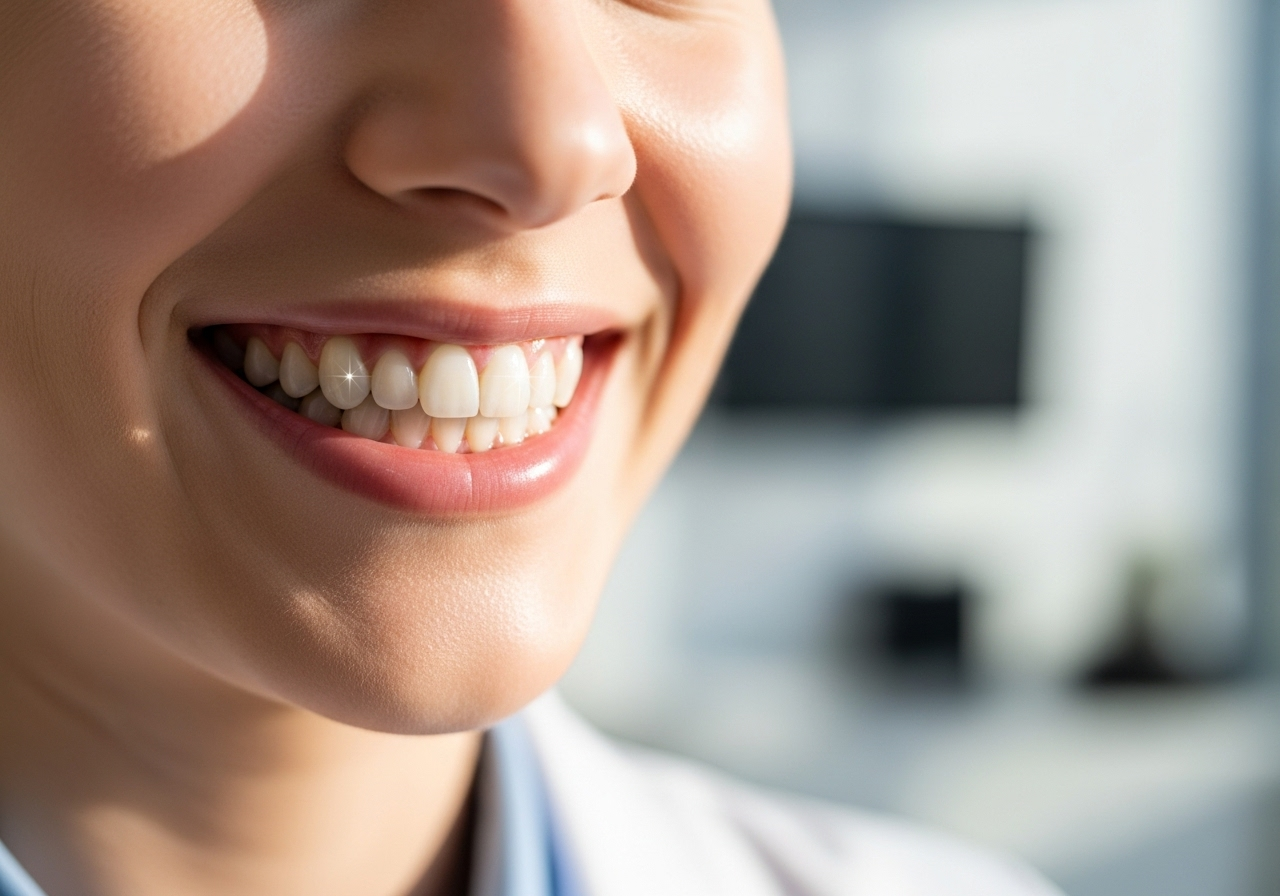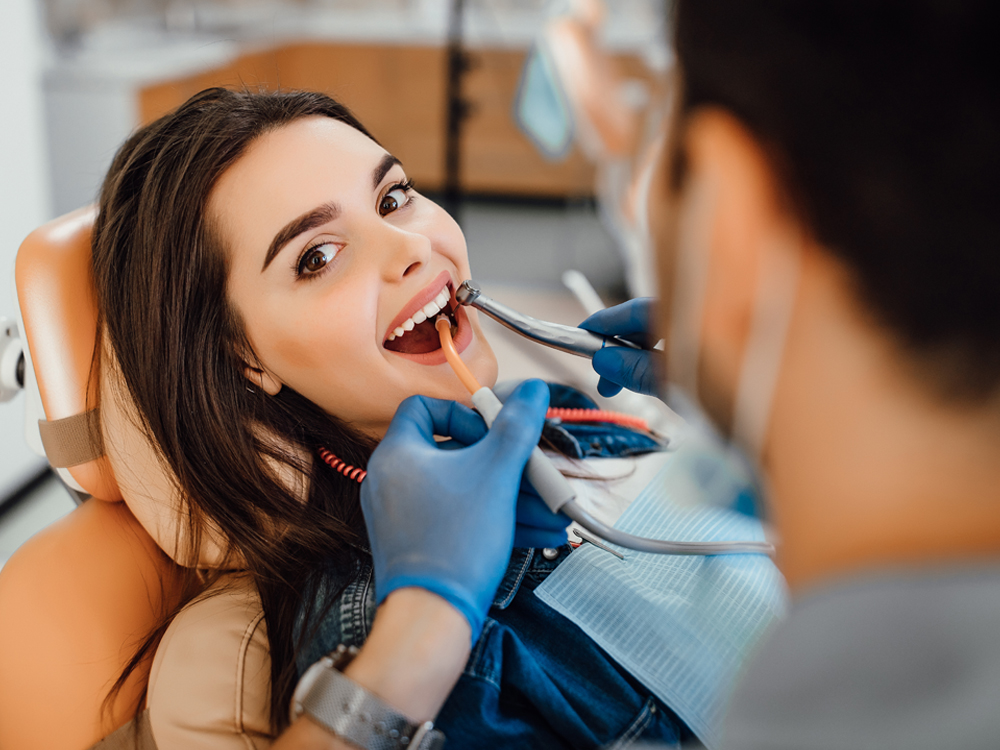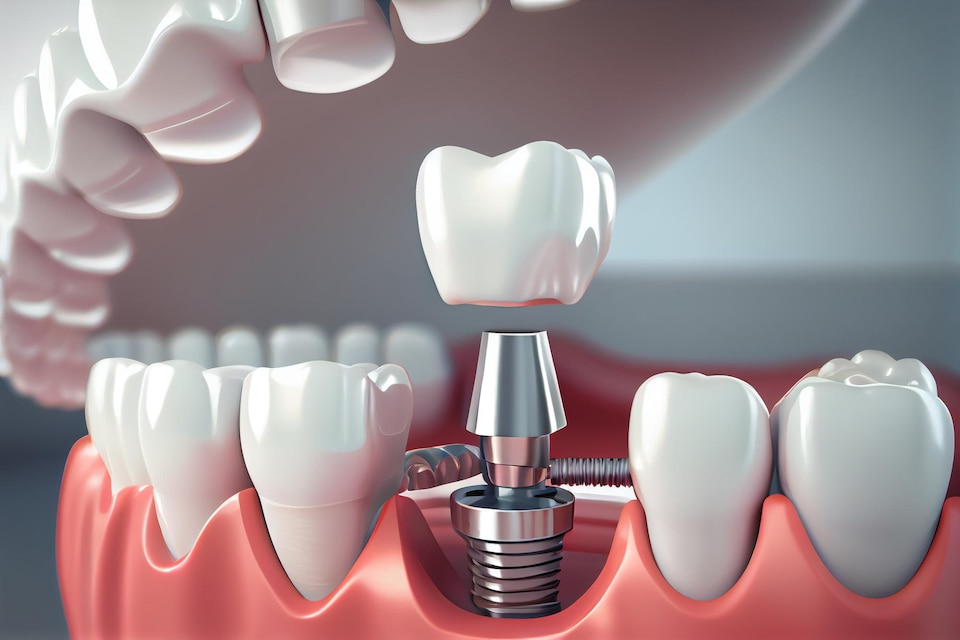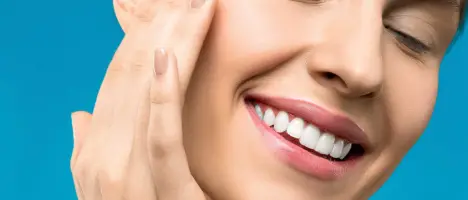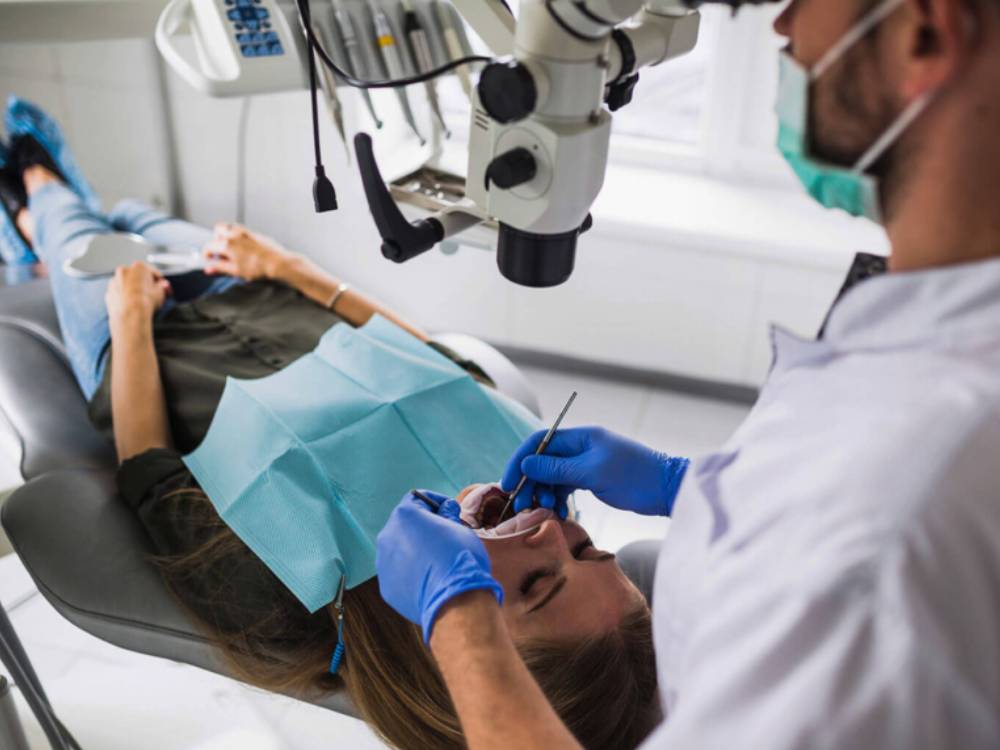Dental Aftercare Guide: Key Tips for Surgery and Recovery


Estimated reading time: 12 minutes
Key Takeaways
- Proper aftercare reduces complications like dry socket, infection, and implant failure.
- Immediate rest, cold compresses, and head elevation control bleeding and swelling.
- Maintain gentle oral hygiene and follow medication instructions to protect healing tissues.
- Tailor diet to each procedure: soft, cool foods after extraction; avoid staining agents with veneers; limit hard or sticky foods during implant osseointegration.
- International patients should plan travel, remote follow-ups, and buffer days before flying.
Table of Contents
- Introduction
- Why Proper Dental Aftercare Matters
- General Dental Surgery Aftercare Tips
- How to Care for Dental Implants
- Post-Op Instructions for Veneers
- Diet After Tooth Extraction
- Patient Journey for International Clients to Turkey
- Risks, Contraindications, and Alternatives
- Recovery and Aftercare Logistics for Traveling Patients
- Cost Factors and What’s Included
- FAQ
Introduction
For patients traveling to Turkey for dental care, a structured aftercare plan is as vital as selecting the right clinic. This guide provides step-by-step instructions for dental surgery aftercare, implant hygiene during osseointegration, veneer maintenance, and an ideal diet post-extraction to prevent dry socket. Our roadmap helps manage pain, reduce complications, and support healing, from pre-travel planning to remote follow-ups.
Why Proper Dental Aftercare Matters
Healing follows a precise sequence that hinges on protecting blood clots, controlling swelling, and preventing infection. After extraction, a stable clot shields bone and nerves; disruption can cause painful dry socket. Implants depend on bone fusing to the implant over 3–6 months, making early hygiene crucial. Veneers rely on a secure bond of composite or porcelain; early staining or micro-trauma can compromise margins. Neglecting aftercare risks infection, bleeding, implant failure, and debonding.
General Dental Surgery Aftercare Tips
Your first 24–48 hours set the stage for recovery. Keep quiet rest, minimize talking, and avoid exertion. Use cold compresses (30 min on, 15 min off) for the first day and elevate your head at 45° with two pillows to reduce swelling.
Pain and hygiene:
- Take prescribed medications as directed; if cleared, use acetaminophen (up to 3 g/day) or ibuprofen (200–400 mg every 6–8 h).
- Avoid brushing or rinsing near surgical sites for 24 h. From day 2, rinse gently with ½ tsp salt in 8 oz warm water, letting liquid fall from your mouth (source, source).
- No straws, smoking, or carbonated/alcoholic drinks for five days.
When brushing resumes, use a soft-bristled brush, gentle motions around sutures, and apply light pressure with gauze if minor bleeding occurs. Persistent bleeding warrants contacting your care team.
How to Care for Dental Implants
Keep the implant site clean without overloading tissues during osseointegration. Brush twice daily at 45° with a soft brush and low-abrasive toothpaste. Use a floss threader or nylon-coated interdental brush (0.5–1.5 mm) to remove biofilm. If prescribed, rinse with 0.12% chlorhexidine (15 mL for 30 s twice daily for two weeks). Avoid hard, sticky foods, ice chewing, and nail-biting for 4–6 weeks. Attend professional follow-ups every 3–6 months for cleaning and radiographs (source).
Post-Op Instructions for Veneers
Protect the bond and margins. Avoid coffee, tea, red wine, cola, and tobacco for 48–72 h to prevent bonding resin staining (source). Clean gently with a soft brush and non-abrasive fluoride toothpaste in circular motions. For sensitivity, apply a pea-sized desensitizing gel at margins nightly for 1–2 weeks. Cut hard foods into small pieces and avoid using teeth to open packaging. A one-week verification appointment ensures proper bite and gingival health.
Diet After Tooth Extraction
Select cool to lukewarm, soft foods: yogurt, applesauce, mashed potatoes, oatmeal, pureed soups, seed-free smoothies, and soft broths. Avoid straws; hydrate with plain water. For protein and nutrients, use smoothies with protein powder, bone broth, scrambled eggs, and soft tofu, adding vitamin C berries to support collagen. After 3–5 days, introduce soft solids like pasta and poached fish, chewing away from the extraction site. Avoid spicy, acidic, crunchy, or sticky foods (source).
Patient Journey for International Clients to Turkey
Begin with a remote consult to review goals, medical history, and imaging. Your coordinator handles visas, flight windows, and stay duration: 5–7 days for veneers, shorter for extractions, staged trips for implants. We provide medical travel letters, insurance guidance, and accommodation near the clinic.
On arrival, finalize imaging, receive written aftercare, and meet your team. Post-procedure, enjoy in-person checks and suture removal, then structured remote follow-ups with photo/video assessments or local referrals if needed. We tailor travel tips to each surgery, emphasize hydration, and head elevation during flights.
Risks, Contraindications, and Alternatives
- Extractions: bleeding and dry socket (higher risk in smokers).
- Implants: infection or failed osseointegration (risk factors: uncontrolled diabetes, smoking, low bone volume).
- Veneers: chipping or debonding under high bite forces; bruxism patients need night guards.
Alternatives include aligners, onlays, or crowns. We screen for healing issues, discuss sedation, and plan travel to avoid flying during peak swelling.
Recovery and Aftercare Logistics for Traveling Patients
Take home a recovery kit: soft brush, saline or prescribed rinse, analgesics with dosing instructions, gauze, desensitizing gel, and a travel pillow. Remote follow-up begins 24–72 h after flight and continues at key milestones: 1 week, 2 weeks, 1 month, and 3 months, with more check-ins for implants until final prosthetics. Send dated photos, symptom logs, or videos; we provide quick feedback and coordinate local care if red flags arise.
Cost Factors and What’s Included
Turkey offers strong value with transparent packages. Prices depend on complexity, imaging, sedation, lab work, and the number of visits. Packages often include consultation, digital scans, procedures, standard materials, provisionales, and scheduled follow-ups; travel and accommodations are separate. Cosmetic/surgical treatments start in the low-to-mid four-figure range (EUR/USD); multi-stage implants may cost more. Focus on clinician qualifications, materials, lab quality, and written aftercare guarantees instead of just price (source).
FAQ
- How long should I stay in Turkey after implant placement, veneers, or extractions?
- Extractions: 48–72 h if bleeding is controlled; veneers: 5–7 days for prep, bonding, and checks; implants: initial trip for placement, 3–6 months healing at home, then a second trip for final crowns.
- What should I pack for post-op comfort while traveling?
- Bring a soft toothbrush, low-abrasive toothpaste, saline or chlorhexidine rinse, approved analgesics, sterile gauze, a cold compress, lip balm, travel pillow, and soft snacks. Keep your aftercare plan and emergency contacts in hand luggage.
- How do I manage oral hygiene right after surgery?
- Avoid rinsing, spitting, or brushing near the site for 24 h. On day 2, start gentle saltwater rinses (½ tsp salt in 8 oz warm water). Brush away from the surgical area with a soft brush, increase cleaned area gradually, and avoid straws, smoking, and carbonated/alcoholic drinks for five days.
- What does “osseointegration” mean?
- It’s the process by which bone fuses to the implant over 3–6 months. Maintain gentle hygiene, use low-abrasive toothpaste, floss with threaders or interdental brushes, and avoid hard/sticky foods. Schedule professional checks every 3–6 months.
- How can I reduce the risk of dry socket and when should I call?
- Avoid smoking, straws, and vigorous rinsing/spitting for five days. Keep foods cool and soft; start gentle saline rinses on day 2. Call if you have severe pain after 48–72 h, bad taste, visible bone, uncontrolled bleeding, fever, or spreading swelling.
